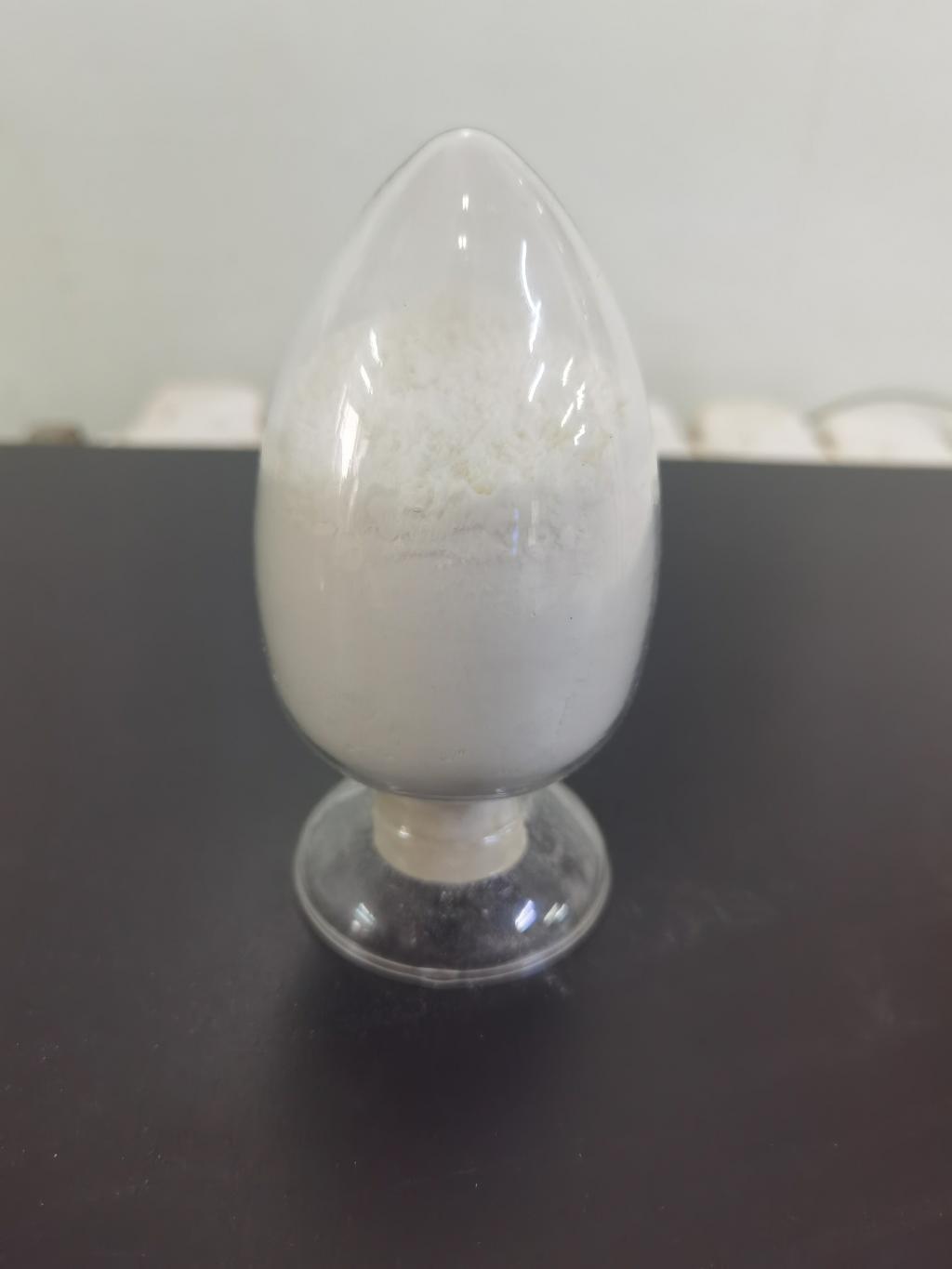Tel:0086 18231198596

News
ε-Polylysine Hydrochloride in Sports Nutrition: Balancing Performance with Natural Preservation
TIME:2023-12-20
I. The Evolution of Sports Nutrition:
Performance Enhancement and Nutritional Support:
Growth of the Industry: The sports nutrition industry has experienced significant growth as athletes, from professionals to fitness enthusiasts, recognize the importance of tailored nutrition to enhance performance, recovery, and overall well-being.
Diverse Product Offerings: Sports nutrition products encompass a broad spectrum, including protein supplements, energy bars, hydration drinks, and more. The industry continuously innovates to meet the evolving needs and preferences of athletes.
Preservation Challenges in Sports Nutrition Products:
Nutrient Degradation: Many sports nutrition products contain high-quality ingredients that are susceptible to degradation over time, impacting their nutritional value.
Microbial Contamination: The risk of microbial contamination poses a challenge, especially in products with moisture content or those designed for extended shelf life.
II. ε-Polylysine Hydrochloride: A Natural Preservative:
Origins and Mechanism of Action:
Fermentation-Derived:* ε-Polylysine hydrochloride is derived through bacterial fermentation, aligning with the trend toward natural and clean-label ingredients in sports nutrition.
Antimicrobial Properties: The mechanism of ε-polylysine hydrochloride involves disrupting the cell membranes of bacteria, providing an effective and natural means of preservation.
Application in Sports Nutrition:
Protein Powders and Bars: ε-Polylysine hydrochloride finds application in preserving protein powders and bars, protecting the integrity of the protein content and preventing spoilage.
Hydration Formulas: In sports drinks and hydration formulas, where water content can create a breeding ground for microbes, ε-polylysine hydrochloride contributes to the preservation of these beverages.
III. Balancing Preservation with Nutritional Integrity:
Maintaining Nutrient Content:
Protein Stability: ε-Polylysine hydrochloride's ability to preserve protein stability is particularly crucial in sports nutrition products, where maintaining the quality of protein is paramount for muscle recovery and growth.
Vitamins and Minerals: The preservation of vitamins and minerals in sports nutrition formulations is vital for ensuring that athletes receive the full spectrum of nutrients essential for performance and recovery.
Clean Label and Natural Preservation:
Consumer Preference: The rise of clean-label preferences among consumers, including athletes, underscores the importance of natural preservation methods. ε-Polylysine hydrochloride aligns with these preferences by offering a clean-label solution.
Minimal Impact on Taste and Texture: ε-Polylysine hydrochloride's minimal impact on the sensory attributes of sports nutrition products is advantageous, allowing manufacturers to preserve quality without compromising taste and texture.
IV. ε-Polylysine Hydrochloride and Athletic Performance:
Gastrointestinal Benefits:
Gut Health: ε-Polylysine hydrochloride's natural origin and antimicrobial properties may contribute to maintaining a healthy balance of gut microbiota, which is increasingly recognized as crucial for overall well-being and athletic performance.
Reducing the Risk of Gastrointestinal Issues: In sports where digestive comfort is a concern, such as endurance events, ε-polylysine hydrochloride's potential to inhibit harmful bacteria may play a role in reducing the risk of gastrointestinal issues.
Recovery and Immune Support:
Reducing Contaminants in Recovery Formulas: In post-workout recovery formulas, ε-polylysine hydrochloride aids in reducing contaminants that could compromise the nutritional content and hinder the effectiveness of recovery blends.
Immune System Support: The preservation of immune-boosting nutrients in sports nutrition products is vital for supporting athletes' immune systems, especially during intense training periods.
V. Challenges and Considerations:
Dosage and Efficacy:
Optimizing Dosage: Determining the optimal dosage of ε-polylysine hydrochloride for different sports nutrition formulations is an ongoing challenge. Research aims to establish effective concentrations without compromising product quality.
Interactions with Other Ingredients: Understanding how ε-polylysine hydrochloride interacts with other ingredients commonly found in sports nutrition products is crucial for achieving optimal preservation without undesirable side effects.
Regulatory Compliance and Labeling:
Navigating Regulations: Adhering to regulatory standards and guidelines related to the use of ε-polylysine hydrochloride in different regions is essential for manufacturers to ensure compliance and consumer trust.
Clear Labeling: Transparent labeling that communicates the use of ε-polylysine hydrochloride as a natural preservative aligns with consumer expectations for openness and clarity in product information.
VI. Future Perspectives and Innovations:
Research and Development:
Expanded Applications: Ongoing research explores the potential of ε-polylysine hydrochloride in a broader range of sports nutrition products, expanding its applications beyond the current scope.
Synergistic Formulations: Investigating synergistic formulations involving ε-polylysine hydrochloride and other natural preservatives may offer enhanced preservation benefits while catering to consumer preferences.
Education and Consumer Awareness:
Highlighting Benefits: Educating athletes and consumers about the benefits of ε-polylysine hydrochloride, both in terms of preservation and potential performance support, is key to fostering acceptance and understanding.
Addressing Misconceptions: Proactive efforts to address any misconceptions or concerns regarding the use of ε-polylysine hydrochloride in sports nutrition can contribute to its successful integration into the market.
VII. Conclusion:
ε-Polylysine hydrochloride's dual role in sports nutrition, as a natural preservative and a potential contributor to athletic performance, highlights the intersection of innovation and functionality in the evolving landscape of sports nutrition. As the industry continues to prioritize clean-label solutions and the preservation of nutritional integrity, ε-polylysine hydrochloride emerges as a promising ingredient that aligns with these goals. As research advances, manufacturers, athletes, and consumers alike stand to benefit from the balanced synergy between preservation and performance in the realm of sports nutrition. The journey of ε-polylysine hydrochloride reflects the ongoing commitment to enhancing not only the shelf life of sports nutrition products but also the overall well-being and success of athletes in their pursuit of peak performance.

 CONTACT
CONTACT




